Table of Contents
station master salary
station master salary: A station master plays a vital role in the railway industry, overseeing the operations and management of a railway station. They are responsible for ensuring the safe and efficient operation of the station, including the scheduling and coordination of trains, managing staff, and overseeing the maintenance of the station and its facilities.
The station master is the main point of contact for all railway employees and customers and must possess excellent communication and leadership skills. They must be able to work under pressure and make quick decisions in order to ensure the smooth operation of the station. They must also be able to work well with others and be able to coordinate with other departments and agencies in order to ensure the best possible service to customers.
The station master must also be able to manage the financial aspects of the station, including budgeting and forecasting, as well as overseeing the maintenance of the station and its facilities. They must also be able to ensure that all safety and security procedures are followed and that all staff is trained in emergency procedures.
In addition to these responsibilities, the station master must also be able to handle customer complaints and resolve any issues that may arise. They must be able to provide accurate information to customers and ensure that their needs are met. They must also be able to work with other departments, such as marketing and customer service, in order to improve the overall customer experience.
The station master must also be able to work with other agencies, such as the police and fire department, in order to ensure the safety and security of the station and its customers. They must also be able to work with other railway companies and organizations in order to ensure the efficient operation of the station and its services.
In summary, the station master plays a vital role in the railway industry, responsible for overseeing the operations and management of a railway station. They must possess excellent communication and leadership skills, be able to work under pressure and coordinate with other departments and agencies in order to ensure the best possible service to customers. They must also be able to manage the financial aspects of the station, ensure safety and security procedures are followed and handle customer complaints. Overall, the station master plays a crucial role in ensuring the smooth and efficient operation of the railway station.
station master exam
The station master exam is crucial in becoming a station master in the railway industry. The exam typically covers a wide range of topics, including railway operations, management, safety and security, customer service, and financial management.
The exam is usually divided into two parts: written and practical tests. The written test typically covers railway operations, management, safety and security, and customer service. The practical test usually involves a simulation of a railway station. The candidate must demonstrate their ability to manage and oversee the station’s operations, including train scheduling and coordination, staff management, and maintenance of the station and its facilities.
The written test is usually multiple-choice and may include questions on railway regulations, procedures, and policies. It may also include case studies, requiring the candidate to analyze a scenario and provide a solution.
A panel of experts usually observes the practical test and assesses the candidate’s ability to handle different scenarios and make quick decisions. They will be evaluated on their ability to manage staff, handle customer complaints, and ensure the safe and efficient operation of the station.
The exam is usually conducted by the railway company or a government agency that oversees railway operations. Candidates must meet certain qualifications and have relevant experience in the railway industry before they are eligible to take the exam.
Passing the station master exam is a significant achievement and demonstrates the candidate’s knowledge and skills in the railway industry. It is also a prerequisite for a career as a station master and is necessary for advancement in the railway industry.
The station master exam is a comprehensive assessment of a candidate’s knowledge, skills, and abilities in the railway industry. It is a crucial step in becoming a station master and is necessary for advancement in the railway industry.
station master syllabus
The station master syllabus typically covers a wide range of topics, including:
1.Railway Operations: This covers the basics of railway operations, such as train scheduling and coordination, train movement, and signaling systems.
2.Management: This covers staff management, budgeting and forecasting, and maintenance of the station and its facilities.
3.Safety and Security: This covers emergency procedures, safety regulations, and security protocols.
4.Customer Service: This covers customer complaints, customer service strategies, and communication skills.
5.Financial Management: This covers budgeting and forecasting, financial analysis, and cost-benefit analysis.
6.Railway Regulations and Procedures: This covers railway regulations, procedures, and policies.
7.Emergency Management: This covers topics such as emergency procedures, evacuation plans, and disaster management.
8.Communication and Leadership Skills: This covers topics such as effective communication, teamwork, and leadership.
9.Technology and Automation: This covers topics such as automation systems, data analysis, and digital technologies.
10.Industry and Market Analysis: This covers topics such as industry trends, market analysis, and competitive analysis.
The syllabus may vary depending on the railway company or government agency that conducts the exam. Still, generally, it covers these main areas necessary for a station master to run the station efficiently. The exam usually consists of a written test and a practical test, which covers the theoretical aspects of the syllabus and evaluates the candidate’s ability to apply their knowledge in real-world scenarios.
station master salary
The salary of a station master can vary depending on a number of factors, including the location of the railway station, the size of the railway company, and the candidate’s level of experience and education. In general, a station master can expect to earn a salary in the range of $50,000 to $100,000 per year.
In the United States, the average salary for a station master is around $70,000 per year. However, this can vary depending on the location and size of the railway company. For example, a station master working for a large railway company in a major city may earn a higher salary than a station master working for a small railway company in a rural area.
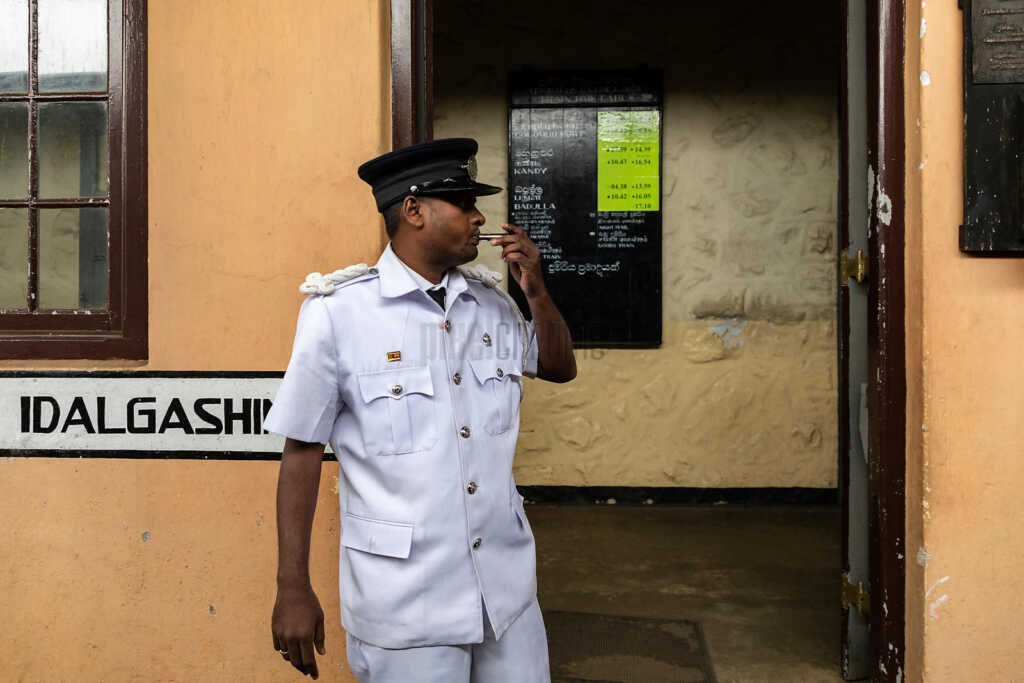
In Canada, the average salary for a station master is around $80,000 per year. However, this can also vary depending on the location and size of the railway company.
In the United Kingdom, the average salary for a station master is around £40,000 per year. However, this can also vary depending on the location and size of the railway company.
In Australia, the average salary for a station master is around $90,000 per year. However, this can also vary depending on the location and size of the railway company.
It’s worth noting that, in addition to a base salary, many station masters may also be eligible for bonuses, benefits, and other incentives. Some companies may also offer opportunities for advancement and higher salaries for those who are able to take on more responsibility and demonstrate exceptional performance.
In conclusion, the salary of a station master can vary depending on a number of factors, but in general, they can expect to earn a salary in the range of $50,000 to $100,000 per year. However, this can vary depending on the location and size of the railway company and on the candidate’s level of experience and education.
station master location
A station master can be located in a variety of different railway stations, depending on the size and type of railway company they work for. Some of the most common types of railway stations where a station master may be located include:
Urban railway stations: Station masters in urban railway stations are typically responsible for overseeing the operations of busy railway stations in major cities. These stations may serve a large number of passengers, have multiple platforms, and offer a wide range of services, such as ticketing and baggage handling.
Suburban railway stations: Station masters in suburban railway stations are typically responsible for overseeing the operations of smaller railway stations that serve suburban areas. These stations may have fewer platforms and services than urban railway stations, but they still see significant passengers.
Rural railway stations: Station masters in rural railway stations are typically responsible for overseeing the operations of smaller railway stations that serve rural areas. These stations may have fewer platforms and fewer services than urban or suburban railway stations, but they still see a significant number of passengers.
Freight railway stations: Station masters in freight railway stations are typically responsible for overseeing the operations of railway stations that handle freight trains. These stations may have specialized facilities, such as loading docks and warehouses, and may also have a smaller number of passenger trains.
High-speed railway stations: Station masters in high-speed railway stations are typically responsible for overseeing the operations of railway stations that serve high-speed trains. These stations may have specialized facilities, such as high-speed platforms, and may also have a smaller number of passenger trains.
In conclusion, a station master can be located in a variety of different railway stations, depending on the size and type of railway company they work for. Some of the most common types of railway stations where a station master may be located include urban, suburban, rural, freight, and high-speed railway stations.
Role and Responsibility station master
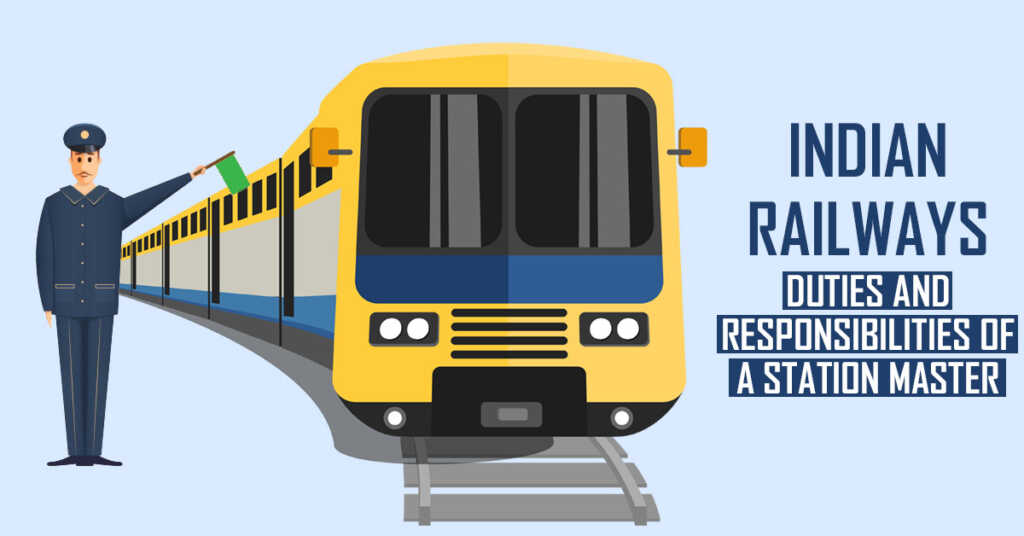
A Station Master plays a vital role in the railway industry, overseeing the operations and management of a railway station. They are responsible for ensuring the safe and efficient operation of the station, including the scheduling and coordination of trains, managing staff, and overseeing the maintenance of the station and its facilities.
They also serve as the main point of contact for all railway employees and customers and must possess excellent communication and leadership skills, be able to work under pressure and coordinate with other departments and agencies in order to ensure the best possible service to customers.
The Station Master’s salary can range from $50,000 to $100,000 per year, depending on the location and size of the railway company and the candidate’s experience and education level. They can be located in different types of railway stations, such as urban, suburban, rural, freight, and high-speed railway stations.
Also, read MBBS full form




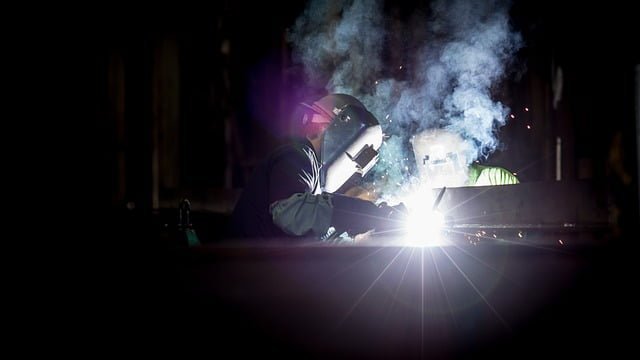







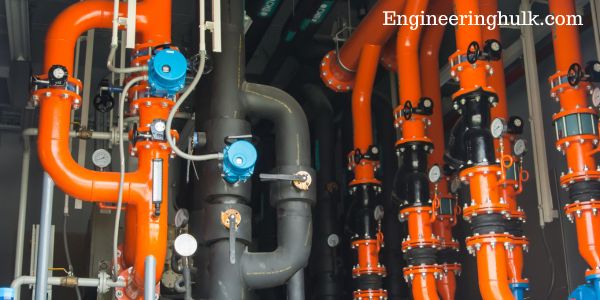

















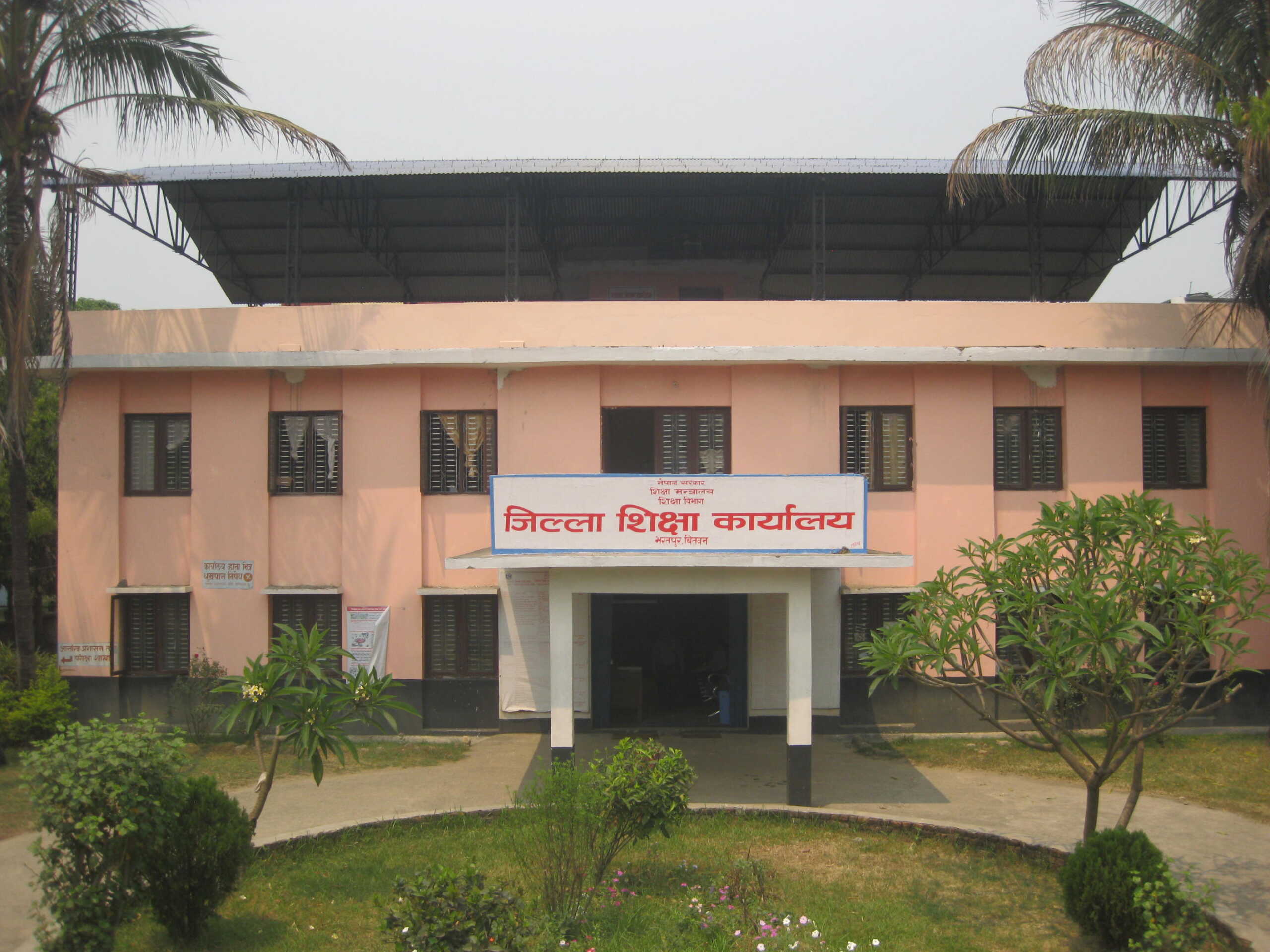
Comments on “station master salary”
Comments are closed.